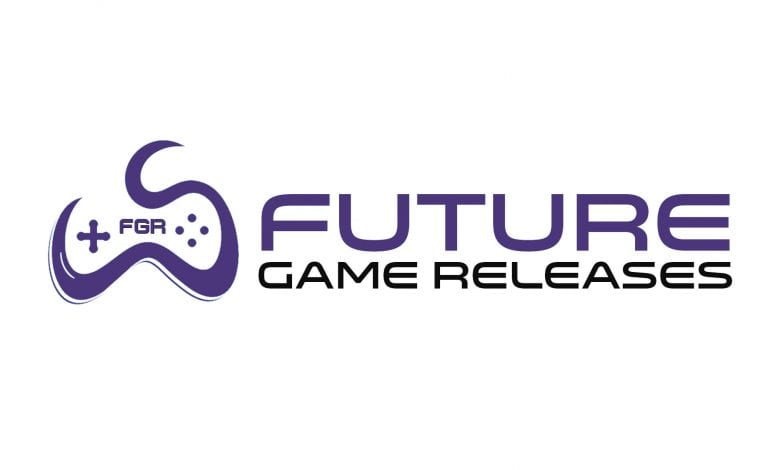Divinity: Original Sin 2 Game Info Release Date

In short, Divinity: Original Sin is a party-based, classless RPG that features turn-based combat and a highly interactive world where players are free to do as they please. It supports drop-in/drop-out multiplayer with a unique cooperative dialog system. Here are some key phrases to know before embarking on your adventure:
Party-based: You don’t control one hero; you control at least two main characters. Your party will always consist of at least two characters, and your party of two can hire up to two companions. In combat, your party can grow temporarily by magically summoning powerful creatures.
Classless: Any character can wear any type of armor or weapon and can learn any type of skill, ability, or talent.
RPG: A “role-playing game” is one with deep and meaningful character development; you can truly play the role of any kind of hero (or villain) you can imagine and choose stats, spells, and an appearance to match your imagined character.
Turn-based combat: The game is played in real-time, except during combat. Turn-based combat is like a game of chess; players act one after another in turns, but what they do during those turns depends on their individual strategy and the circumstances on the board. When combat is over, the game returns to real-time.
Highly interactive: You can talk to all friendly non-player characters in the game, trade with them, help them, or even kill them if you so choose. Almost all items in the game world can be interacted with- destroyed, picked up, moved, stolen, etc. Items in the world react to one another as you would expect them to: If you set fire to a wooden door, it will eventually burn down. An important part of the magic in the world of Divinity: Original Sin is combining the elements of nature. If a character is frozen, you can melt the ice with fire. If there is a puddle of water, you can turn it into a steam cloud with fire.
Many items can be combined: You can bake your own bread, write your own scrolls, forge your own weapons, reinforce your armor, and so forth.
Free: You can go wherever you want and choose what to do and what not to do. If you kill all the important NPCs, you’ll have a hard time gathering experience, but you can still finish the game. If you want to take on level 12 monsters when you are level 8, you are free to do so, and if you succeed, you will gain valuable loot and high experience scores, but it won’t be easy.
Multiplayer: At any time, you can invite a friend to join you or you can join a friend’s game, regardless of how far along in the game either of you happens to be.
Cooperative dialog: When a decision needs to be made, both player characters get to weigh in. You can agree or disagree, and whoever has the stronger personality in that particular conflict will win the debate. These decisions further develop your character.
Creating a character:
When starting a new game, you will need to create your two main characters before starting your adventure. These are the protagonists of the story, and you have the power to give them a background story. You decide who and what they are. Is one of them adept at thievery and the other a fledgling mage? Or is one an expert marksman and the other a feared swordsman? Throughout the game, you will have to make many decisions, but the first is the most complex: Which role will you play? Divinity: Original Sin is a classless game.
This means that a hero can use any type of weapon or armor, and that he or she can learn any type of skill or ability available in-game. However, Divinity: Original Sin is a party-based game with turn-based combat, so it is a good idea to build a party that covers many talents. A party with only fighter-type characters or a party with only wizards may be possible, but is not recommended for first-time players.
During character creation, you can select a preset character build from the list. The name of the preset describes the role of the character. If this is your first play through and you are not yet familiar with the game’s rules, it is recommended you choose one of these presets. You can see what is included with your chosen preset by clicking the “Customise” button. While in “Customise” mode, you can change the character’s name and appearance.
If this is not your first play through, or if you have played many RPGs before, go ahead and customise your characters to your heart’s content by tweaking their stats, skills, abilities, and talents. But don’t be afraid to make mistakes. Because this is a classless game, you can turn the frail but smart witch you started with into a battleaxewielding powerhouse within a couple of levels. And she’ll still know some of her magic spells, to boot!
Note that in Divinity: Original Sin, your party can contain up to four people (not counting any summoned creatures). Companions or henchman can aid your two main heroes. You will have to find, hand-pick, and recruit these two extra party members in the game world. Good places to look for fellow adventurers are taverns, inns, libraries, and other common meeting places in any given town. It is a good idea to reinforce your party with extra members the moment the opportunity arises.
Divinity: Original Sin 2 – early access (PC) – September 15.
